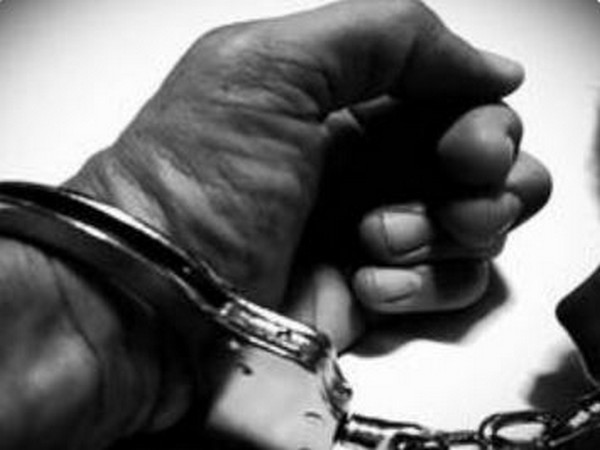Surging College Protests Sparking Arrests, Encampments, and Campus Shutdowns
Protests roiling US colleges escalate with arrests, new encampments and closures

- Country:
- United States
The student protests of Israel's war with Hamas that have been creating friction at US universities escalated on Tuesday as new encampments sprouted and some colleges encouraged students to stay home and learn online, after dozens of arrests across the country.
The protests had been bubbling for months but kicked into a higher gear after more than 100 pro-Palestinian demonstrators who had camped out on Columbia University's upper Manhattan campus were arrested last week.
With tensions at Columbia continuing to run high and some students afraid to set foot on the campus, officials said the university will switch to hybrid learning for the rest of the semester.
Protests have been spreading elsewhere in New York and nationwide. Many universities have about two weeks of classes left before the semester ends and have been grappling with how to handle protests. Police said 133 protesters were taken into custody late Monday after a protest at New York University and all had been released with summonses to appear in court on disorderly conduct charges.
University spokesperson John Beckman said NYU was carrying on with classes on Tuesday.
California State Polytechnic University, Humboldt, announced that its campus will be closed through Wednesday after demonstrators occupied a building Monday night. Classes were to be conducted remotely, the school said on its website.
At the University of Michigan, protesters had set up more than 30 tents on the central part of the Ann Arbor campus called the Diag. In Connecticut, police on Monday arrested 60 protesters at Yale University, including 47 Yale students, after they refused to leave an encampment on Beinecke Plaza.
Yale President Peter Salovey said protesters had declined an offer to end the demonstration and meet with trustees, and after several warnings, school officials determined “the situation was no longer safe” and police cleared the encampment and made arrests.
At the University of Minnesota, nine anti-war protesters were arrested Tuesday morning after police took down an encampment a couple of hours after it was set up in front of the library.
Since the war began, colleges and universities have struggled to balance safety with free speech rights. Many long tolerated protests but are now doling out more heavy-handed discipline. The protests have pitted students against one another, with pro-Palestinian students demanding that their schools condemn Israel's assault on Gaza and divest from companies that sell weapons to Israel. Some Jewish students, meanwhile, say much of the criticism of Israel has veered into antisemitism.
As Donald Trump walked into a Manhattan courtroom Tuesday morning to attend his historic hush money trial, he spoke briefly to reporters and focused on the turmoil at college campuses, blaming President Joe Biden. “What's going on is a disgrace to our country and it's all Biden's fault,” Trump said.
A day earlier, when asked whether he condemned “the antisemitic protests,'' Biden said he did.
“I also condemn those who don't understand what's going on with the Palestinians,'' Biden said after an Earth Day event outside Washington.
Columbia University President Minouche Shafik said in a message to the school community on Monday that she was “deeply saddened” by what was happening on the campus.
Robert Kraft, who owns the New England Patriots football team and funded the Kraft Center for Jewish Student Life across from Columbia's campus, said he was suspending donations to the university.
“I am no longer confident that Columbia can protect its students and staff and I am not comfortable supporting the university until corrective action is taken,” he said in a statement.
Columbia University has a history of protest, most notably in 1968, when hundreds of students angry about racism and the Vietnam War occupied five campus buildings. After a week, a thousand police officers swept in and cleared them out, making 700 arrests. The Associated Press reported at the time that 100 students and 15 police officers were injured.
Campus protests began after Hamas' deadly attack on southern Israel, when militants killed about 1,200 people, most of them civilians, and took roughly 250 hostages. During the ensuing war, Israel has killed more than 34,000 Palestinians in the Gaza Strip, according to the local health ministry, which doesn't distinguish between combatants and noncombatants but says at least two-thirds of the dead are children and women.
(This story has not been edited by Devdiscourse staff and is auto-generated from a syndicated feed.)
ALSO READ
Biden's tariff warnings signal sharp anti-China election battle
ANALYSIS-China's steel sector has bigger worries than Biden tariff hike
US Senate votes to reauthorize surveillance program, Biden to sign swiftly
Trump group spends big on legal fees; Biden leads at fundraising
Biden to unveil $7 billion for rooftop solar in Earth Day message










